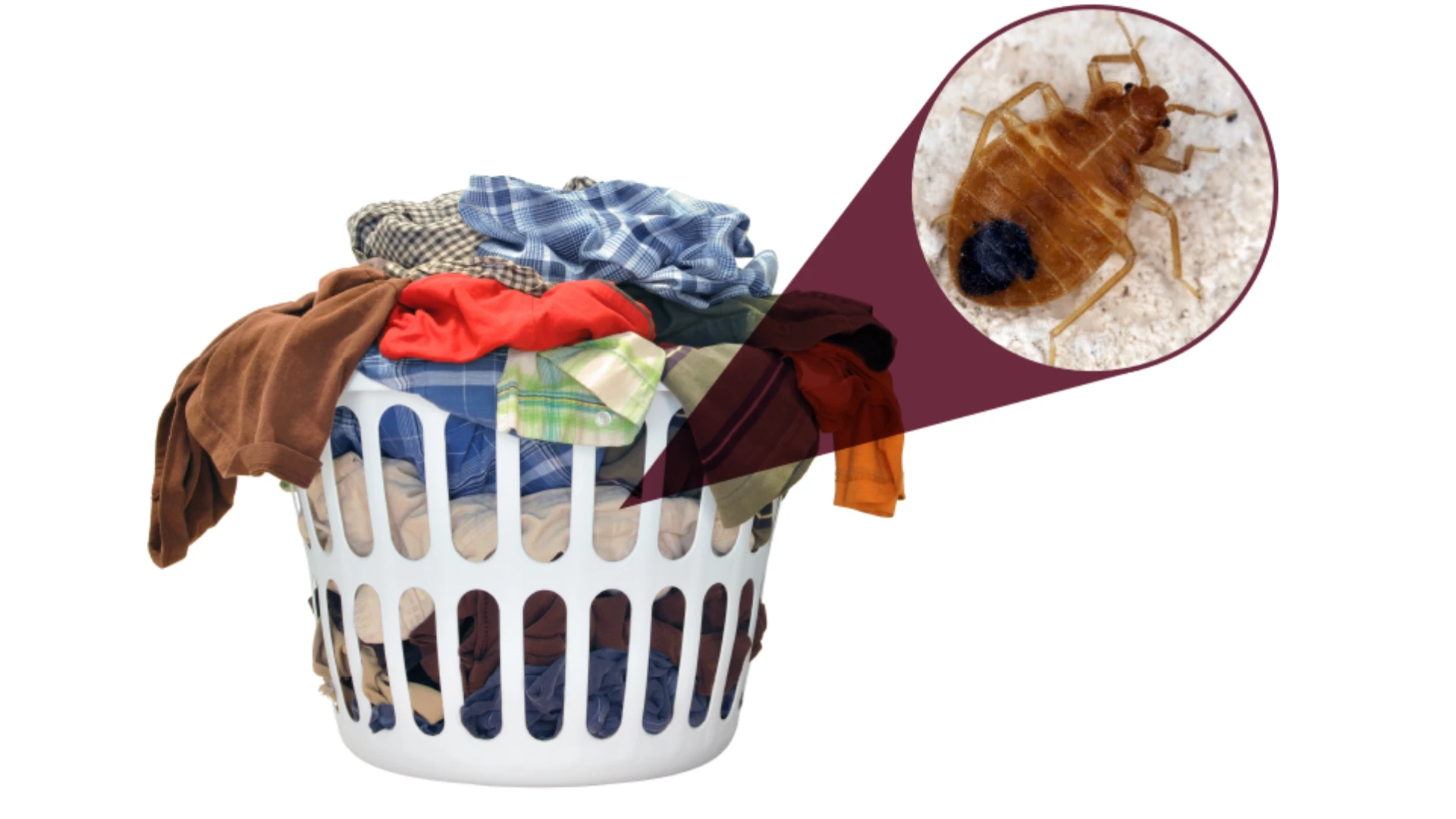
A virus responsible for an illness outbreak in Venezuela is spreading to other parts of the Americas, says a University of Florida scientist who is closely monitoring the Mayaro virus. Most recently, the virus was found in a child in Haiti in 2016.
Even though the virus hasn’t infected anyone in Florida or the United States, Barry Alto, an associate professor of entomology at the UF Institute of Food and Agricultural Sciences, is studying whether mosquitoes common in Florida can transmit the Mayaro virus to humans.
In a new study, Alto and his research group found yellow fever and Asian tiger mosquitoes — two abundant species in Florida — can carry the virus.
Mayaro virus is expanding in the Western Hemisphere, Alto said. That’s reason for some concern, he said. Furthermore, in the past decade, Florida has experienced outbreaks of other mosquito-borne viruses, including Zika, chikungunya and dengue.
These viruses appeared in other parts of the world — most notably in the Americas — before they were locally transmitted in Florida, said Alto, a faculty member with the UF/IFAS Florida Medical Entomology Laboratory in Vero Beach, Fla.
“Increases in mosquito-borne viruses in the Americas, especially those transmitted by mosquitoes that live in Florida, increases the risk of imported and local transmission in the U.S.,” Alto said.
“We should probably be moderately concerned that this virus could show up in Florida,” he said. “Florida’s wet, warm climate and presence of yellow fever and Asian tiger mosquitoes, coupled with a lot of human travel, makes the state susceptible to transmission of mosquito-borne viruses.”
Mayaro virus produces symptoms similar to those of chikungunya, including fever lasting three to five days, chills, headache, rash and severe joint pain, which may persist for months, according to a study led by Baylor University scientists.
For the new study, Alto’s research group conducted experiments with yellow fever and Asian tiger mosquitoes. They determined infectiousness of mosquitoes by testing their saliva for Mayaro virus. Infectiousness is the state in which mosquitoes may transmit the virus by biting other animals, including humans, Alto said.
Alto and his colleagues, Keenan Wiggins and Bradley Eastmond — who were Indian River State College students at the time of the study — found that both mosquito species were highly susceptible to infection and that the virus readily spreads throughout the mosquitoes’ bodies. However, far fewer mosquitoes became infectious, Alto said.
The study was published July 13, 2018, in the journal Medical and Veterinary Entomology.
Source: Brad Buck, UF/IFAS

Explore the November 2018 Issue
Check out more from this issue and find your next story to read.
Latest from Pest Control Technology
- Rentokil Terminix Expanded in Key Markets with 2024 Acquisitions
- In Memoriam: Joe Cavender
- Certus Acquires Green Wave Pest Solutions
- Liphatech Adds Alex Blahnik to Technical Team
- Do the Right Sting: Stinging Insect Identification, Management, and Safety
- VAGA's 8th Annual Veterans Thanksgiving Appreciation Dinner
- Clark's Blair Smith on the Response to Increased Dengue Fever Cases in Southern California
- WSDA, USDA Announce Eradication of Northern Giant Hornet from U.S.





